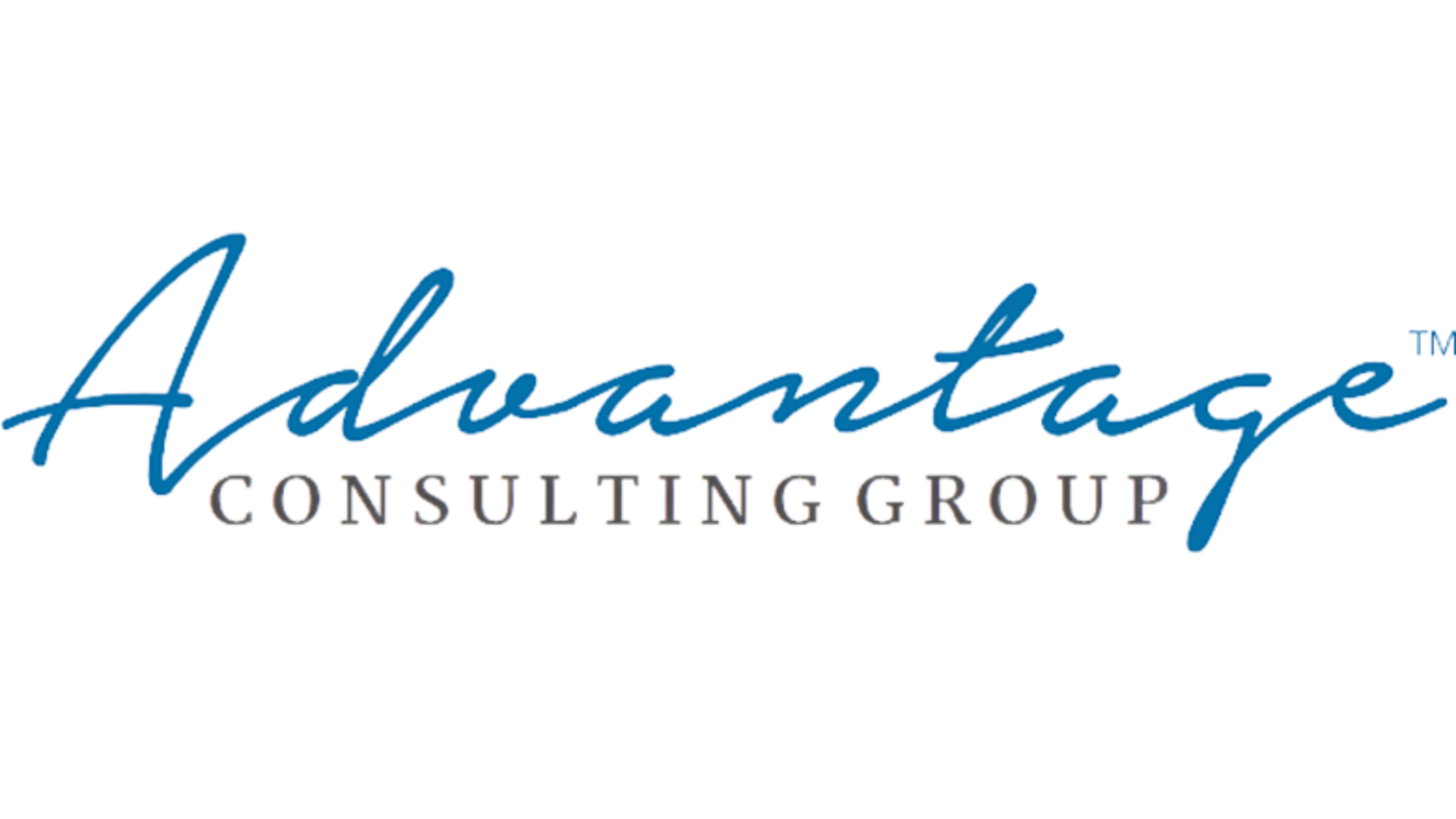If you're a Certified Public Accountant (CPA) looking for a job, you're likely aware of how competitive the job market can be. While having a CPA certification is a great accomplishment, it may not be enough to stand out from the competition.
What are the top soft skill set requirements that employers seek when hiring CPAs?
When hiring CPAs, it is clear that attention to detail, accuracy, transparency, and technical skills are crucial requirements. However, effective communication and the ability to articulate your ideas is the top soft skill set that employers seek. Hiring managers generally assess whether you can comprehend their questions and provide answers with sufficient details rather than giving one-word or overly verbose responses.
What are some tips for CPAs to improve their tone of voice, body language, and attitude during job interviews?
CPAs should pay attention to their tone of voice, attitude, and body language during job interviews. To improve their tone of voice during a telephone interview, it is recommended that candidates smile since it can positively affect their tone. Similarly, smiling during a face-to-face interview can also have a positive impact.
Candidates should also ensure that their body language is appropriate by avoiding folding their arms or displaying other signs of disinterest or discomfort. Instead, they should keep their hands on their lap or the table, plant their feet firmly on the ground to avoid fidgeting and maintain eye contact with the interviewer. Additionally, candidates should avoid answering sensitive or tough questions in a defensive manner, which can be reflected in their body language or tone of voice.
Candidates should also be mindful of their communication skills, avoiding the use of filler words such as "uh," "mm," or "like." Effective communication during the interview reflects positively on the candidate and provides a preview of their ability to communicate effectively with clients and colleagues.
What are some key requirements for management-level jobs in public accounting or industry, and how are these qualities typically evaluated during the interview process?
For management-level jobs in public accounting or industry, being resourceful and creative, having the ability to think on one's feet, and having problem-solving skills are essential. Continuous learning, including the willingness to research and apply regulations, learn about leadership, management, motivation, and staff retention, and improve efficiencies, is also crucial. Professional skepticism is particularly important for jobs that involve investigative or audit-related services or skills. Furthermore, setting boundaries and priorities and sticking to them is crucial.
During job interviews, interviewers usually assess a candidate's situational awareness and problem-solving skills by asking questions about their experiences, how they dealt with challenges, and what the outcome was. Companies may also evaluate these qualities by contacting the candidate's references.
What challenges do public accounting firms face when hiring managers for specialized audit practices, such as real estate?
Many public accounting firms have strict requirements for job candidates, depending on the firm's size and location. For example, if a CPA firm is seeking a manager for their real estate audit practice and identifies a promising CPA from another firm, but the candidate's audit experience is in an unrelated industry, the firm may not be willing to overlook its requirement for experience auditing real estate clients. The firm may believe that the candidate will need too much time to get up to speed for that salary level or that the staff they will manage has more relevant industry experience.
On the other hand, in industry jobs, I have found that the right fit is often just as important as having the necessary technical skills.
What specific questions should job seekers ask about a prospective employer's technology?
It is important for job seekers to be aware of the technology a prospective employer uses and inquire about their strategy and plans for upgrades and new applications. In some cases, management may not prioritize technology and be reluctant to invest in upgrading accounting software packages or implementing new tools that could improve results. This may limit opportunities for job seekers to gain marketable technology skills. The use of technology can impact the viability of a job seeker's next employer and their options for other roles in the accounting profession, and employees who come from a paperless environment may prefer to work in a completely paperless environment.
How can you get your resume noticed?
Ensuring that the summary at the top of your résumé is clear and easy to understand is crucial. Including a cover letter can also help convey why you are qualified for the job, especially if there is additional information not included in the résumé. It's important to answer all questions on the application and address salary requirements, even if it's a sensitive topic.
If you are flexible, indicating that you are looking for market rate can be helpful, or if you have a specific higher-end amount in mind and the range is disclosed, mentioning it could be beneficial. However, if your salary requirements are significantly higher than what the employer is willing or able to pay, it may not be worth applying.
Make your interview count
Making a lasting impression during a job interview requires more than just a well-crafted resume.
In addition to accounting and technical skills, employers often seek emotional intelligence during interviews, which includes effective communication and avoiding one-word answers or being too verbose. When responding to questions, maintain eye contact with the interviewer or look directly at the camera if interviewing remotely. Avoid being defensive when faced with a challenging or sensitive question, and watch your tone of voice, attitude, and body language.
Be mindful of your body language, such as avoiding crossing your arms or fidgeting, and remain calm during the interview.
If you tend to be nervous, make sure to plant your feet firmly on the ground. Also, remove any distractions from your surroundings, such as children or pets, if interviewing from home, and ensure your technology functions correctly.
Landing a job as a Certified Public Accountant (CPA) can be a highly competitive process, and the job interview is a critical step in the hiring process. With these tips in mind, you can confidently approach your next CPA job interview and increase your chances of success.

